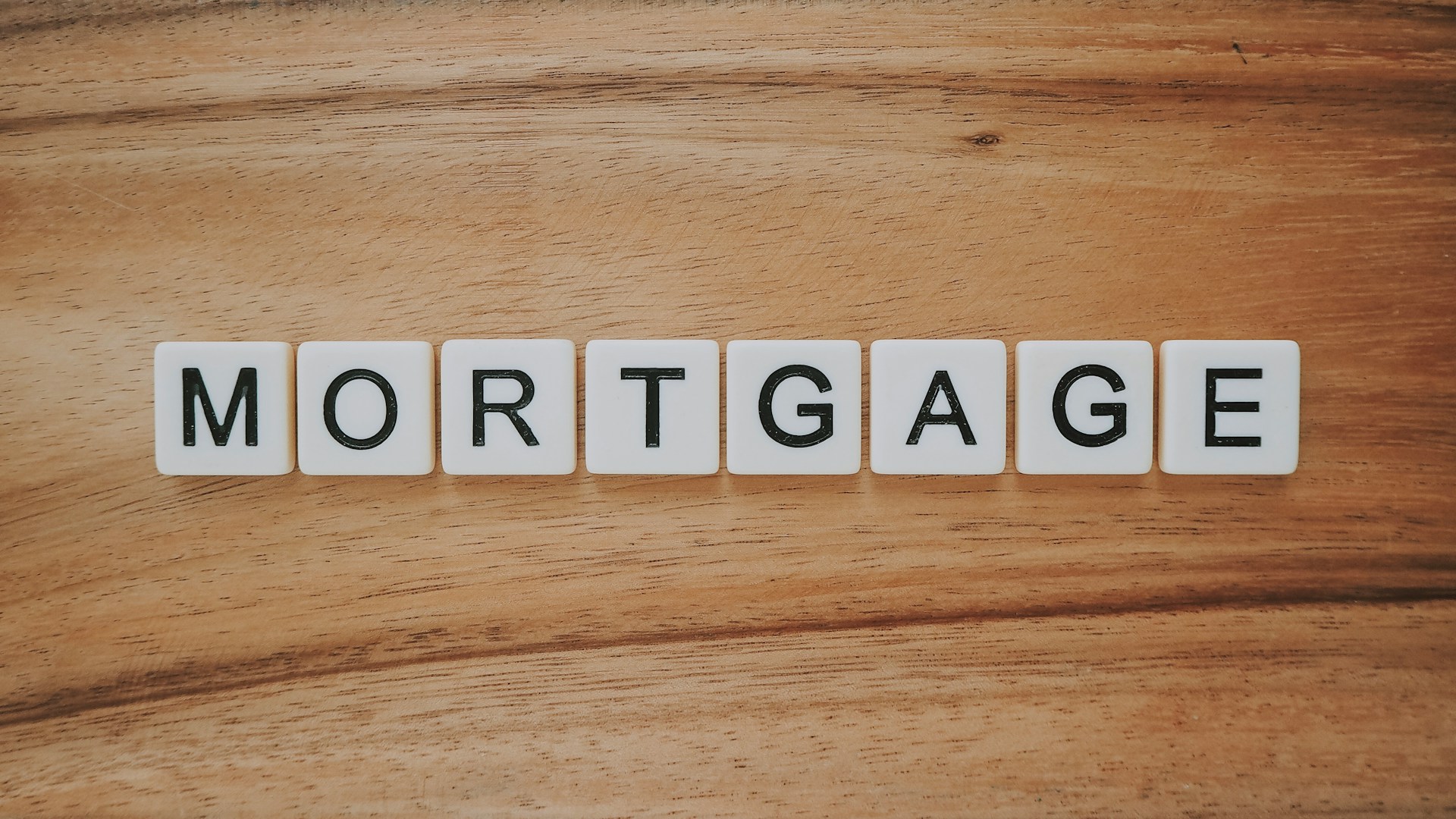

In the journey toward homeownership, your credit score plays a significant role, acting as the key to unlock the doors to your dream home. While a less-than-perfect credit score may seem like a hurdle, it doesn't necessarily slam the door shut on your homeownership dreams. In this blog post, we'll explore the possibilities and qualifications for buying a home with not-so-good credit.
Understanding Credit Scores:
Your credit score is a numerical representation of your creditworthiness, typically ranging from 300 to 850. Lenders use this score to assess the risk of lending to you. While a higher credit score is favorable, individuals with lower scores can still explore homeownership with the right strategies.
Qualifications for Buying a Home with Not-So-Good Credit:
-
FHA Loans: The Federal Housing Administration (FHA) offers mortgage loans that are more accessible for individuals with lower credit scores. FHA loans often have lower down payment requirements, making them an attractive option for first-time homebuyers.
-
VA Loans: If you're a military veteran, a VA loan might be a viable option. The U.S. Department of Veterans Affairs guarantees VA loans, making them available with lenient credit score requirements and favorable terms.
-
USDA Loans: The U.S. Department of Agriculture (USDA) offers loans for rural homebuyers. USDA loans often have more flexible credit score requirements and may require little to no down payment.
-
Subprime Mortgages: While subprime mortgages come with higher interest rates, they cater to individuals with lower credit scores. Exploring subprime mortgage options may provide a path to homeownership, but careful consideration is crucial due to the associated risks.
-
Improve Your Credit Score: Before diving into the homebuying process, take proactive steps to improve your credit score. Paying off outstanding debts, avoiding new credit applications, and correcting any errors on your credit report can positively impact your score over time.
-
Save for a Larger Down Payment: A larger down payment can compensate for a lower credit score. Saving diligently and contributing a substantial down payment can enhance your chances of securing a mortgage with a more favorable interest rate.
-
Seek Professional Guidance: Consult with a mortgage advisor or financial counselor to explore tailored solutions based on your specific financial situation. They can provide insights, advice, and guidance to help you navigate the homebuying process with less-than-perfect credit.
While a less-than-perfect credit score may pose challenges, it's not a roadblock to homeownership. With the right strategies, loan options, and determination, you can turn the key and open the door to your dream home. Remember, each homebuying journey is unique, and seeking professional advice ensures you make informed decisions on your path to becoming a homeowner.
Comments